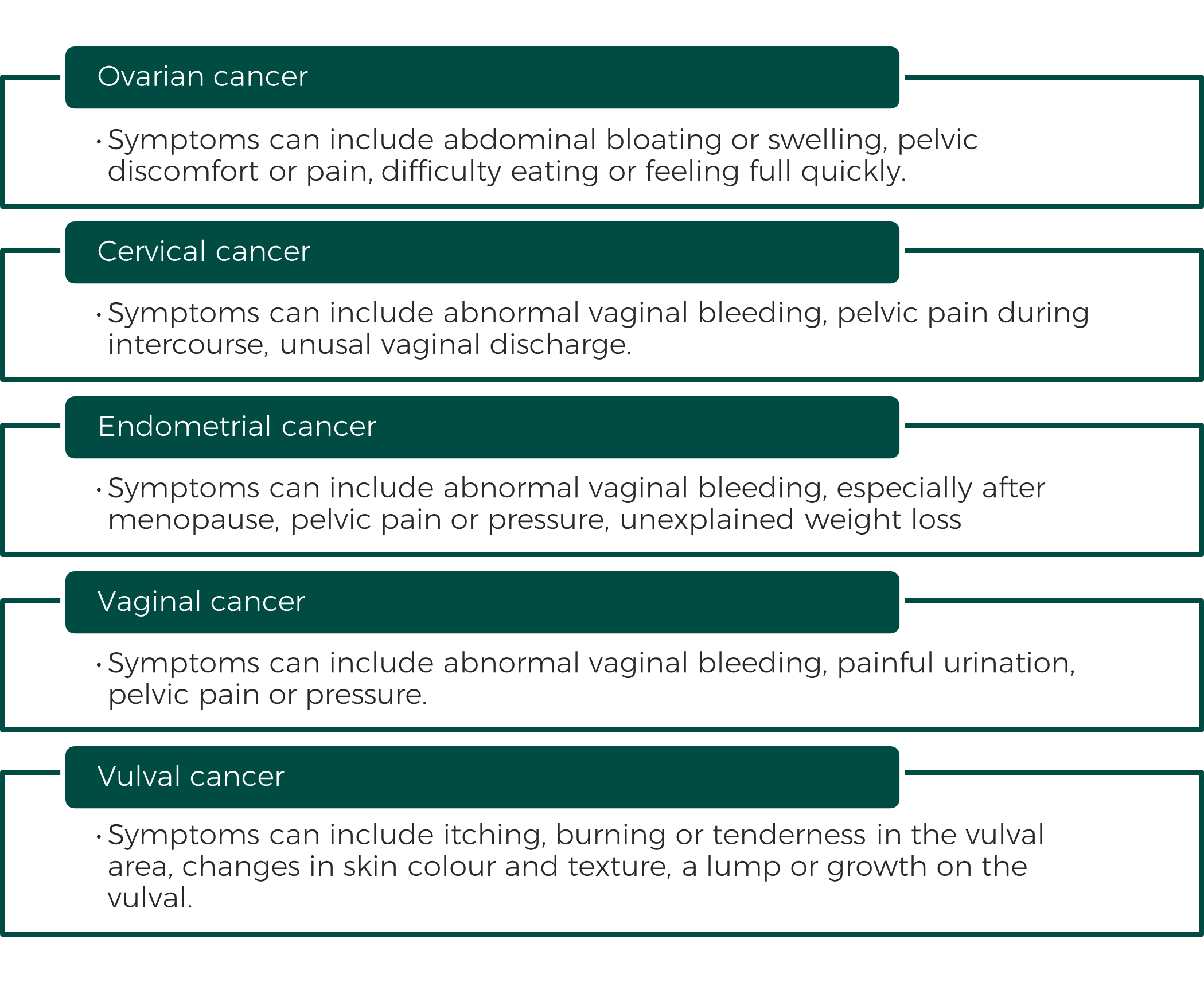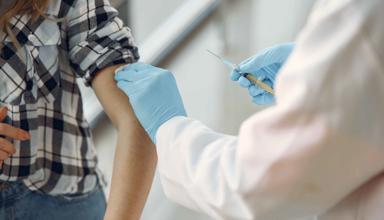The voices of women are often unheard, overlooked and minimised. That was a key finding of the Senedd’s Health and Social Care Committee report published this morning.
The report focuses on women’s experiences with gynaecological cancer. It sheds light on the challenging journey that many women face, from struggling to be heard about cancer symptoms to enduring prolonged waiting times for treatment.
This article focuses on the stories of three exceptional women; Claire, Linda and Judith, who courageously opened up about their cancer experiences. Watch the videos here.
Claire, Linda and Judith’s stories
Claire, Linda and Judith were diagnosed with different types of gynaecological cancer (there are five common types; ovarian, cervical, endometrial, vaginal and vulval). Their stories will resonate with the experiences of many women whose pleas for attention to their symptoms have been disregarded.
The Women’s Health Wales Coalition says the journey from symptom recognition to diagnosis can be a challenge, where women who are grappling with unexplained symptoms are reaching out to healthcare professionals, only to be met with scepticism or indifference. Evidence that echoes the shared emotions of Claire, Linda and Judith and others who shared their stories with the Committee, and their feelings of frustration, fear and the anguish of feeling dismissed.
Tenovus Cancer Care told the Committee these experiences are not isolated incidents; they represent systemic issues that demand our attention.
Raising awareness
Claire, Linda, Judith and all the women who took part in the inquiry, told their stories to seek improvements to care and treatment and raise awareness of symptoms, hoping to spare other women from enduring the hardships they have faced.
The Committee’s report says it’s paramount to educate both healthcare professionals and the broader public about the subtle signs of the gynaecological cancers. Early detection can be a powerful tool, potentially altering the trajectory of a woman’s journey with cancer.
The Committee’s Chair, Russell George MS is clear that “ultimately, women know their own bodies. They know when something is wrong and those concerns must be listened to and acted upon”. He added:
It’s clear from our inquiry that women feel their health concerns are not being taken seriously. Their symptoms are often dismissed or downplayed and in many cases they are made to feel like a neurotic nuisance.
If you are experiencing any of the following symptoms please seek timely medical attention.

If you’re worried or have questions about cancer, there are many organisations providing support including, Tenovus Cancer Care, Jo’s Cervical Cancer Trust, Target Ovarian Cancer, Macmillan Cancer Support and the Eve Appeal.
Addressing the challenges
The evidence presented to the Committee highlights that behind the statistics and reports are women with stories of strength and vulnerability, as illustrated by Claire, Linda, Judith and all the women who shared their stories.
In recognition of these stories, the Committee has made 26 recommendations to the Welsh Government, calling for systemic changes that prioritise women’s health, ensuring that no voice goes unheard and no plea for help goes unanswered.
The Committee’s report is a call for action, where women’s experiences with gynaecological cancers are met with compassion, prompt attention, and effective treatment.
It acknowledges the pressures facing healthcare professionals. The Royal College of General Practitioners (RCGP) highlighted workforce challenges in general practice, telling the Committee “people are leaving in droves”. They said women “need to advocate for their health to ensure they receive the care they need and deserve”.
But some women may not feel empowered to assert their needs and concerns during medical appointments. Within general practice, this is compounded by difficulties getting an appointment and difficulties accessing a female GP.
The report also recognises that some of the gynaecological cancers are very difficult to diagnose. Symptoms can be non-specific.
Wales’ Deputy Chief Medical Officer told the Committee that, while “there is a lot of evidence that, over the years, women haven't been listened to adequately”, he believes “GPs are actually, collectively in Wales, doing really well”. He stated that GPs are generally referring at the rates that National Institute for Health and Care Excellence (NICE) recommends, and that:
This is all quite difficult because so many people present with so many symptoms, and the vast majority of them do not have anything serious underpinning them.
The Welsh Government will provide its response within 6 weeks.
*Unfortunately, Judith, who shared her story with the Committee, has passed away. In honouring her memory, her family wishes for her voice to resonate. Our heartfelt thanks and sincere best wishes go out to Judith’s family, Linda, Claire and all the women who took part in our inquiry for allowing us to tell their stories.
Article by Sarah Hatherley, Senedd Research, Welsh Parliament






